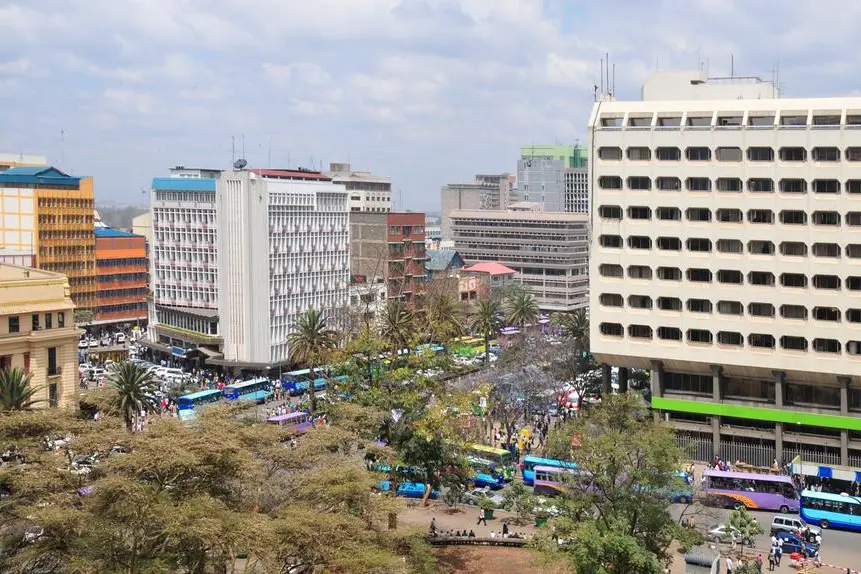PHOTO
NAIROBI - Kenya is on a trajectory of sustained economic growth but also faces potential risks from global trade sanctions, market volatility and extreme weather conditions, its finance minister said on Thursday.
The economy is projected to grow by 5.3% in both 2025 and 2026, John Mbadi told parliament while presenting his budget for the 2025/26 fiscal year.
"This growth is premised on a stable macroeconomic environment over the medium term," he said.
The fiscal deficit is forecast at 4.8% of gross domestic product compared with 5.7% in 2024/25, while overall spending is expected to reach 4.29 trillion Kenyan shillings ($33.27 billion) during the period, Mbadi added.
The budget is aimed at boosting revenues to service debt while avoiding tax measures that triggered the kind of deadly protests that rocked East Africa's biggest economy last year.
While Mbadi presented the budget, protests intensified in the capital following the death in custody of a political blogger, with vehicles set ablaze and police firing tear gas to disperse the demonstrators.
President William Ruto's administration has been struggling to narrow the fiscal deficit and govern under a heavy total debt-to-GDP ratio of around two-thirds, well above the 55% level considered a sustainable threshold.
The government is seeking new sources of funding after last year's countrywide protests forced it to pursue austerity measures and scrap planned tax hikes worth more than 346 billion Kenyan shillings ($2.7 billion).
"Kenyans cannot bear more tax," Mbadi said on Wednesday ahead of his presentation. "For the first time, we have not added taxes in the current finance bill as has been the case before."
INDIRECT TAXES
Critics have accused the government of using the budget to increase indirect taxes and infringe on privacy by empowering the tax authority to spy on people's bank accounts and mobile money transactions. But Mbadi said on Wednesday the revenue authority must be empowered to collect taxes to run the country.
In place of hiking individual taxes, Mbadi is looking to widen the tax base, improve compliance and cut spending, said John Kuria, a tax specialist and partner at Kody Africa.
Despite government attempts to curb expenditure and crack down on fraud, Kuria said, "I think we're still going to have a significant funding shortfall."
While the proposed budget outlines credible measures to reduce the fiscal deficit, the challenge lies in implementation, which Kenya has struggled with historically, said Shani Smit-Lengton, Senior Economist at Oxford Economics Africa.
This often results in mid-year revisions through supplementary budgets, which erode fiscal credibility, Smit-Lengton told Reuters via email.
Kenya said in March it had applied for a new lending programme from the International Monetary Fund after abandoning the final review on the previous IMF programme.
In February it joined a fast-growing club of African nations that have gone to the market to borrow cash to pay off maturing debts in a bid to smooth out liabilities and ring-fence critical expenditure such as health.
"This year, the stakes are higher: the government must demonstrate improved budget discipline to bolster its case for a new IMF programme, while also managing public sentiment to avoid social unrest," Smit-Lengton said.
($1 = 128.9500 Kenyan shillings)





















